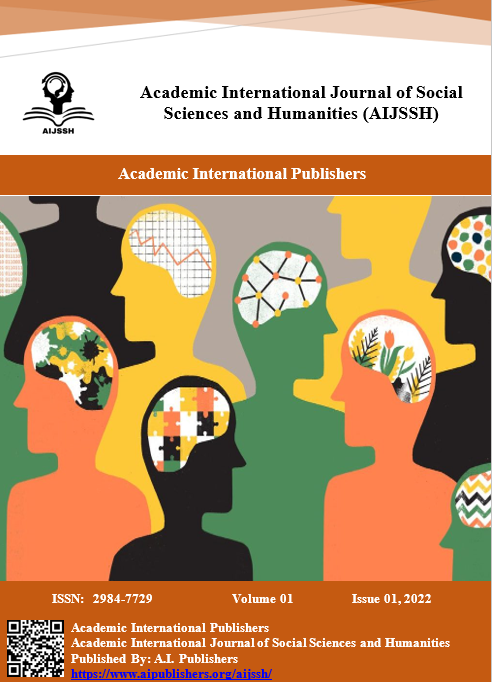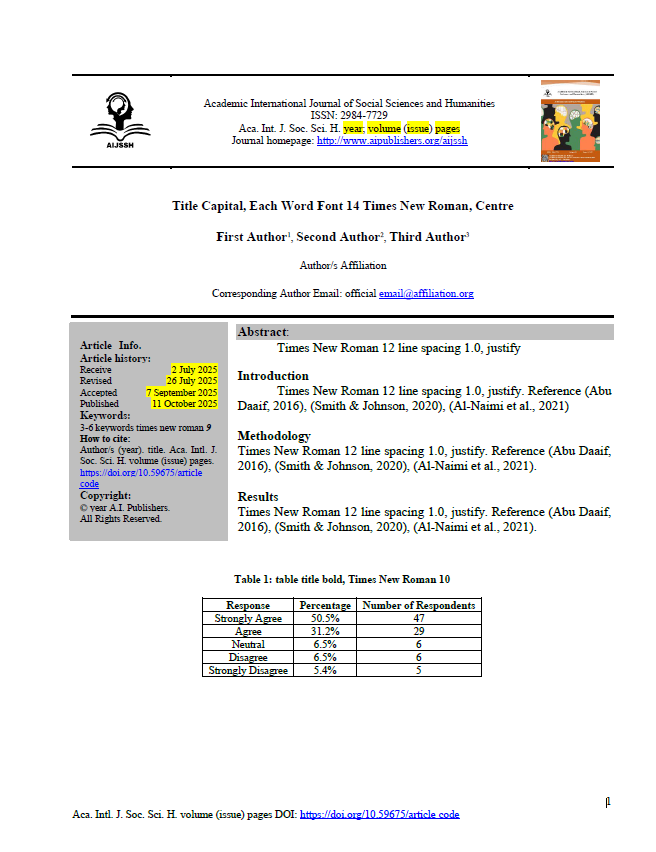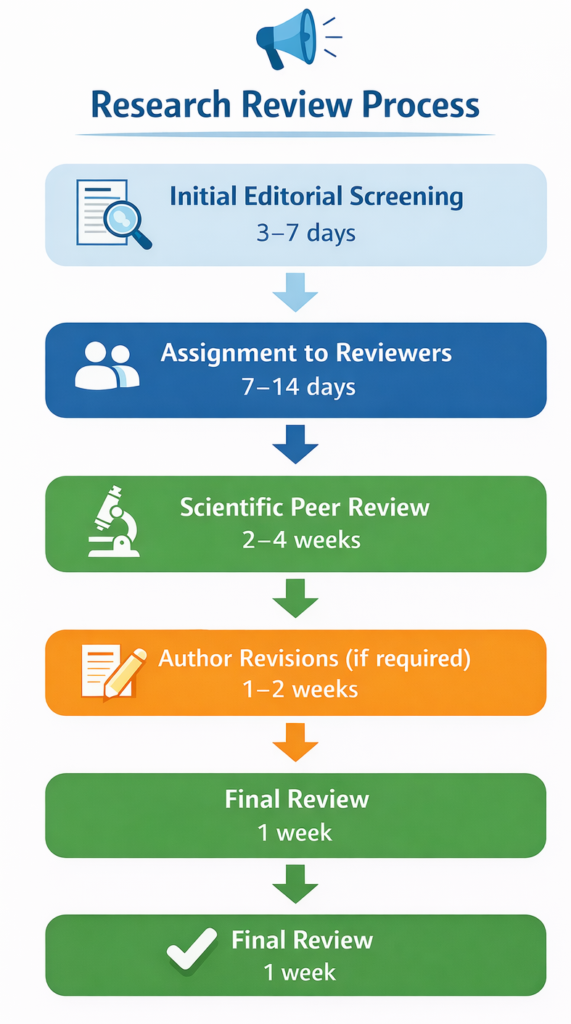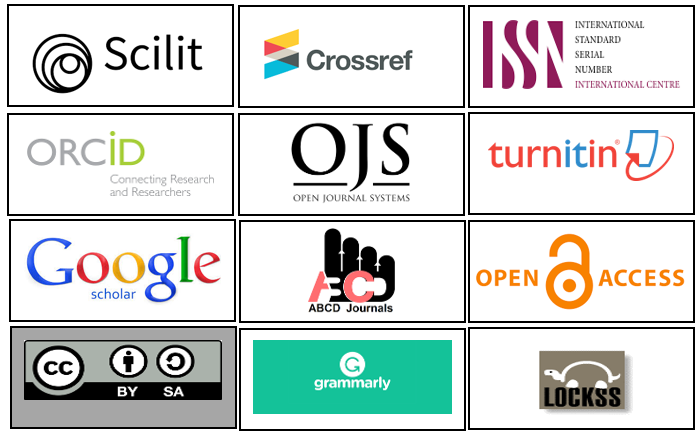A Sociolinguistic Investigation of Making Request Among Sudanese learners at Sudan University for Science and Technology
DOI:
https://doi.org/10.59675/S126Keywords:
Communicative, Sudan competence, request, strategies, studentAbstract
This study aims to understand how advanced English language learners in Sudan employ request strategies. The study's individuals are university-level English language learners. The testing instrument used is "discourse completion tasks". Following Blum-Kulka et al.'s (1989) classification of request methods, the participants' replies were examined. Based on the data, conventional indirect techniques are the most utilised type of tactics in both formal and informal cases. The study recommends that advanced English language students know the sociolinguistic aspects of communicative competence, and teachers and lecturers should educate their students that Sentence forming alone cannot establish a conversation. Still, they need to know the social and cultural aspects of communication and other recommendations.
References
Blum-Kulka, S. 1982. 'Learning to say what you mean in a second language: a study of the speech act performance of Hebrew second language learners'. Applied Linguistics HI/1:29-59. DOI: https://doi.org/10.1093/applin/3.1.29
Blum-Kulka, S., House, J., Kasper, G. (1989). Cross-cultural pragmatics: Requests and apologies. Norwood, NJ: Ablex.
Brown, P., Levinson, S. C. (1987). Politeness: Some universals in language usage. Cambridge, UK: Cambridge University Press. DOI: https://doi.org/10.1017/CBO9780511813085
Clark, H. (1979). Responding to Indirect Speech Acts. Cognitive Psychology, 11, 430-477. DOI: https://doi.org/10.1016/0010-0285(79)90020-3
Holtgraves, T. (1986). Language structure in social interaction: Perceptions of direct and indirect speech acts and interactants who use them. Journal of Personality and Social Psychology 51(2), 305–14 DOI: https://doi.org/10.1037//0022-3514.51.2.305
Reiter. (2000). Linguistic politeness in Britain an Uruguay: a contrastive study of requests and apologies (Philadelphia, PA: John Benjamins publishing company) p.35 Rowley, Mass: Newbury House.
Sifianou, M. (1999). Politeness phenomena in England and Greece. A cross-cultural perspective. Oxford: Oxford University Press.
Trosborg, A. 1995. Interlanguage pragmatics. Requests, Complaints and Apologies. Berlin: Mouton de Gruyter. Tsuru University,3-8-1 Tahara Tsuru Yamanashi 402 Japan. University Press. DOI: https://doi.org/10.1515/9783110885286
Yong-Jue Rue/Grace Qiao Zhangx. (2008). Request Strategies. Curtan University of Technology, Australia. Page 10
Downloads
Published
Issue
Section
License
Copyright (c) 2023 Academic International Journal of Social Sciences and Humanities

This work is licensed under a Creative Commons Attribution 4.0 International License.






